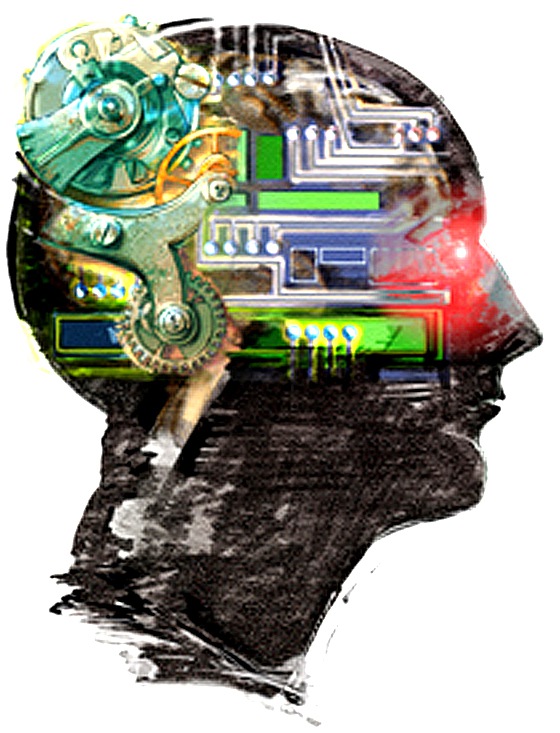An artificial intelligence company based in London, England called DeepMind has been acquired by Google for a reported sum of $400 million. The deal was confirmed on Sunday by a Google representative, but no additional details were provided.
DeepMind offers commercial applications in the realms of simulations, e-commerce and gaming. On their company website they describe themselves as a company that combines “the best techniques from machine learning and systems neuroscience to build powerful general-purpose learning algorithms.”
The news of this acquisition was first broken by news website Re/code in a report on Sunday that detailed Google was buying the company for the aforementioned sum. DeepMind was founded by Demis Hassabis, Shane Legg and Mustafa Suleyman and marks another in the long line of recent acquisitions by Google over the past several months.
Recent Google Acquisitions
Two weeks ago Google acquired Nest Labs, makers of smart thermostats and smart smoke alarms, for $3.2 billion in cash.
This month Google also acquired a security firm called Impermium, with the intention to boost expertise in fighting spam and abuse.
Last month Google acquired Boston Dynamics, makers of military-grade robots, which was the eighth robotics company they purchased over a period of six months.
Future Plans
Google’s future plans as they relate to these acquisitions are unclear at this time, nor is it clear what they intend to do with DeepMind, but a previous statement made by Google could shed some light on that situation.
Google has explained before that their work with language, speech, translation, and visual processing relies heavily on artificial intelligence. On that topic, they have also said: “In all of those tasks and many others, we gather large volumes of direct or indirect evidence of relationships of interest, and we apply learning algorithms to generalize from that evidence to new cases of interest.”
That being said, Google’s acquisition of DeepMind could potentially help to improve applications and devices that run on speech commands and interpretation of visual data, such as Google Now and Google Glass for example.





